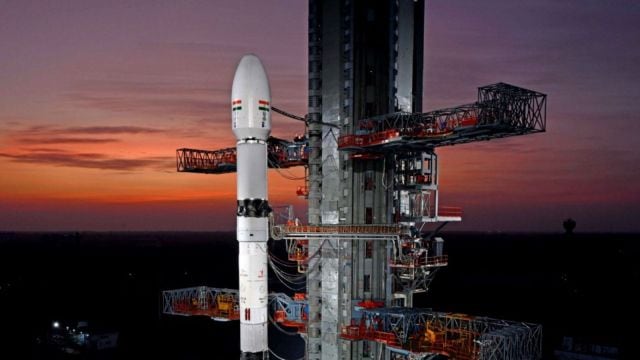The Indian Space Research Organisation (ISRO) has a tradition of naming its rockets with specific codes. These codes usually follow a logical sequence, but there’s an interesting twist. You see, the number ‘13’ is often considered unlucky, so ISRO decided to skip it when naming their latest rocket.
Here’s the backstory: After the last GSLV rocket (called ‘GSLV-F12’) launched on May 29, 2023, the next one should have been ‘GSLV-F13.’ But instead, ISRO chose to call it ‘GSLV-F14.’ It’s like they’re avoiding the number ‘13’ altogether!
This upcoming GSLV rocket is all set to carry the weather satellite INSAT-3DS. So, while experts scratch their heads over this deviation, ISRO continues its unique rocket-naming tradition.
ISRO, the Indian Space Research Organisation, has a quirky way of naming its rockets. They follow a sequence, like chapters in a book, but they avoid certain numbers. For example, they skipped ‘13’ when naming their latest rocket. Instead of calling it ‘GSLV-F13,’ they went with ‘GSLV-F14.’ It’s like they’re avoiding bad luck!
And guess what? This tradition isn’t just for GSLV rockets; it extends to their Polar Satellite Launch Vehicle (PSLV) series too. After PSLV-C12, they leapt to ‘PSLV-C14,’ leaving out ‘PSLV-C13’ without any explanation.
But why this number-phobia? Well, it’s a mix of tradition and superstition. Just like how some people avoid the number 13 in everyday life, ISRO avoids it in rocket names. They believe in lucky timings, perform rituals, and even seek blessings at temples before rocket launches. It’s all part of their unique space journey.
And hey, despite these superstitions, ISRO’s Mars Orbiter Mission launched successfully—even on a Tuesday, which is usually considered unlucky. So, whether it’s rocket science or rituals, they’ve got it covered!


